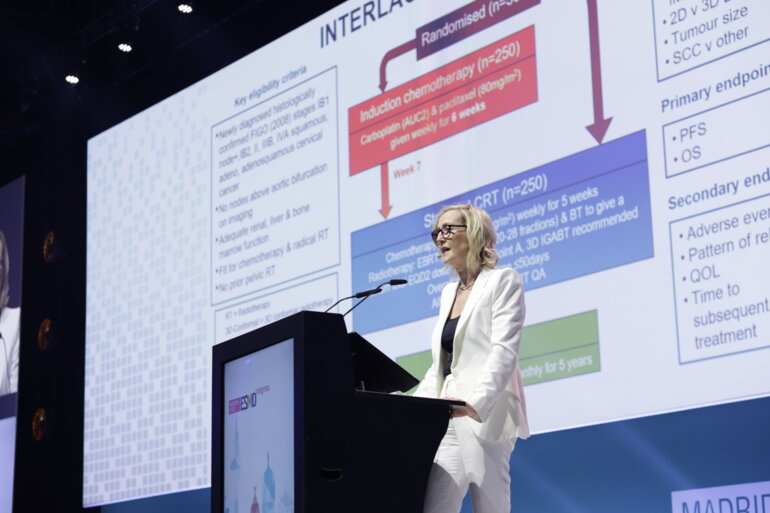
Datopotamab deruxtecan met the PFS endpoint in previously treated NSCLC
The TROP2-directed ADC improved PFS with reduced toxicity compared with chemotherapy in the TROPION-Lung01 trial, but results are not practice-changing

177Lu-PSMA-617 improves rPFS in taxane-naïve metastatic castration-resistant prostate cancer
However, lack of OS benefit limits the clinical impact of the findings from the PSMAfore trial

Improved results from cellular therapies thanks to AI and bioinformatic platforms
Positive signals from early-phase studies suggest that newer molecular technologies may help to disclose the promises of T-cell therapies in different settings

Study provides new evidence linking air pollution with increased breast cancer risk
Epidemiological data from France underline the urgent need for public policy and advocacy to improve air quality around the world

Invasive breast cancer: can surgery be eliminated after neoadjuvant systemic chemotherapy?
Phase II data report a pathologic complete response in patients who received radiotherapy after neoadjuvant therapy without surgery, when selected by image-guided vacuum-assisted core biopsy

Sustained efficacy of CDK inhibitors reported for HR+/HER2– early breast cancer
Long-term data from monarchE supports dose reduction while NATALEE data reinforces consistency across subgroups

Aspirin in colorectal cancer – has it still a place in secondary prevention?
Negative results from the ASCOT trial should not discourage researchers from investigating the drug’s potential in some molecularly distinct subgroups

Studies confirm the promise of ctDNA for MRD assessment in colorectal cancer, but limitations remain
Despite positive results from trials, the use of different assays with variable sensitivities and specificities impact their interpretation and clinical validation

Tebentafusp shows sustained benefit only in a small proportion of patients with metastatic uveal melanoma
Novel targeted strategies are investigated in uveal melanoma, especially for those who do not respond to the bispecific fusion protein, with some encouraging early-phase data from c-MET/PKC inhibitors

Induction chemotherapy before CRT improves outcomes in locally advanced cervical cancer
Phase III trial findings reveal significant improvements in PFS and OS rates, although the population studied may not be wholly indicative of high-risk disease
